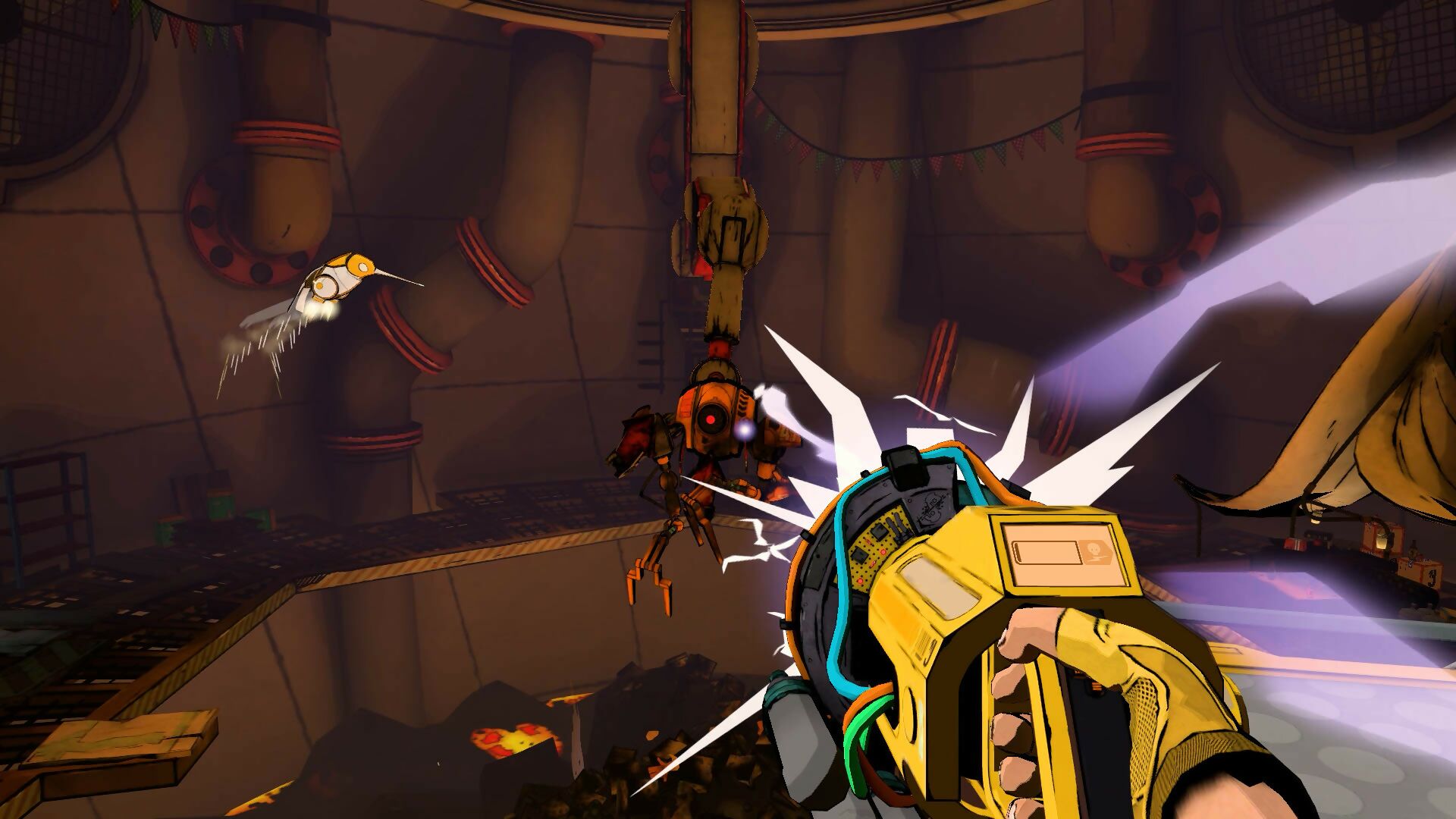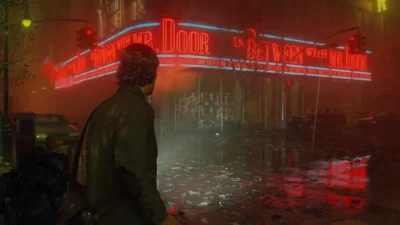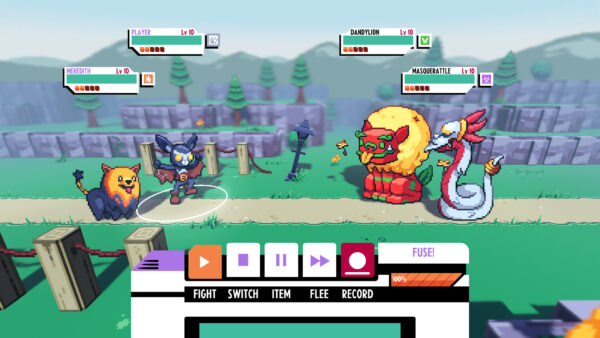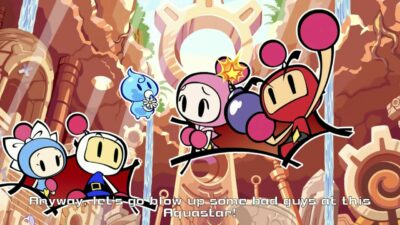
The Last Worker is a first-person puzzler and satirical dystopia about a future dominated by corporations. It’s the latter aspect that works best, Carlton writes in his review.
Many of us have likely performed jobs we love; maybe even those we’re passionate about. But how many of us can claim we’ve been the absolute best employee on a shift? Fortunately – or perhaps not, depending on how you see things – this is the position humble Kurt finds himself in by nature of being the titular last worker. He’ll soon learn, however, that he doesn’t love his job as much as once thought, despite the Jüngle corporation’s best efforts to describe Kurt and his robot colleagues as “one big family”. Because just like the cheap products he endlessly sends out, families don’t last forever.
The Last Worker is many things, but above all it’s a satirical spin on the classic tale of being a cog in a wider machine trying to break free. A story “re-packaged” (if you will) into video game form that takes influence from other pieces of dystopian fiction like George Orwell’s 1984.
The machine in this case is Jüngle, of course, a not-so-subtle aping of Jeff Bezos’ parcel-built empire that writer/creative director Jörg Tittel clearly has a lot of fun skewering. Jabs towards this capitalistic entity entice more than a few chuckles over the game’s brief runtime, often hitting almost too close to home in terms of what they say about our own buying habits today – but then, that’s exactly the point.
During a shift, you (as Kurt) can be charged with picking everything from edible toilet paper to a cat butt tissue dispenser while trying to achieve the highest “J” rating for efficiency. These zany objects never have a direct impact on the narrative, but they’re a smart way to paint a better picture of what humanity has become outside the walls of the Jüngle warehouse. It’s a true testament to the brilliant worldbuilding at play throughout most aspects of The Last Worker.
Equally as effective is the way you quickly become aligned with Kurt himself. Much more than the voiceless husk you typically see in the first-person adventure genre, he’s a proper person, with thoughts, feelings, and emotions that make him easy to relate to. This mostly comes to light whenever he interacts with the game’s small ensemble cast, all of which are brilliantly voiced by a who’s-who of Hollywood A-listers. Jason Isaac’s foul-mouthed Skew is an immediate standout, rattling through accents depending on his programming. You really get a sense that he and Kurt care about each other as firm friends, their interactions giving context to the way the world now runs.
You’ll notice that, almost halfway into this review, I’ve yet to mention gameplay. That’s because story is what The Last Worker does best and is most interested in. But at the end of the day this is also a video game, so it’s disappointing that what’s here in terms of interactivity is at best functional, and at worst incredibly frustrating. Moving around as Kurt on his floating pod handles perfectly fine, but it’s when operating his Jünglegun when the problems truly begin.

Stealth sequences are thankfully few and far between, with checkpointing fairly generous as a result of the inevitable instant-fails.
In theory, the Jünglegun is a cool bit of kit, being a multifunctional device that lets you pick up parcels, shoot them, and towards the latter half of the game, hack and track objects as the story demands. However, none of it is especially engaging or exciting to perform, almost like it had to be there for narrative purposes rather than as a way to make the warehouse a location that’s fun to interact with. A good example of this is hacking, which possibly represents one of the most annoying mini-games I’ve played in a while. It comprises nine cubes that must be rotated to match the colours on your screen. This would be fine were there no time limit, but there usually is, which when combined with prowling security robots, can result in countless instant-fail states.
The Last Worker suffers from the same problems when trying to operate as a stealth game or shooter. The mechanics and systems simply aren’t sophisticated enough to support the sneakier and more action-centric set pieces, which is a shame because they work against the at-times heartfelt and persistently cynical narrative, which features characters I truly came to care about. It doesn’t help that most uses of your Jünglegun are only needed once or twice, too, so there’s never a chance for them to develop.

Rotating each puzzle block not only requires you to target it, but then also flick your gun in the desired direction. It’s a bad case of trial-and-error when under time pressure.
By the time credits rolled, I was left feeling that The Last Worker’s story was one best told outside the realm of a video game, at least when played on a conventional screen. I don’t doubt that it’s easier to feel engrossed in the game when it’s viewed through a headset like the PSVR 2 or Meta Quest 2, but there’s a definite disconnect to the core gameplay when played conventionally; it’s just not engaging enough.
That said, the game’s characters are well-drawn, the voice acting is stupendous, and the narrative is wonderfully satirical in a way that will make you think twice the next time you order something online for next day delivery.
Highlight
The Jüngle warehouse itself is an excellently realised location, especially during the game’s latter half when you get to view the rundown inner workings happening behind the scenes. The hand-painted 3D art style also helps to further draw you in. If only there were more ways to engage with it.
Verdict
A wry and funny first-person adventure that doesn’t quite make the best use of the medium.
64%
Read more: The Last Worker preview | Finding a human connection in an automated world





